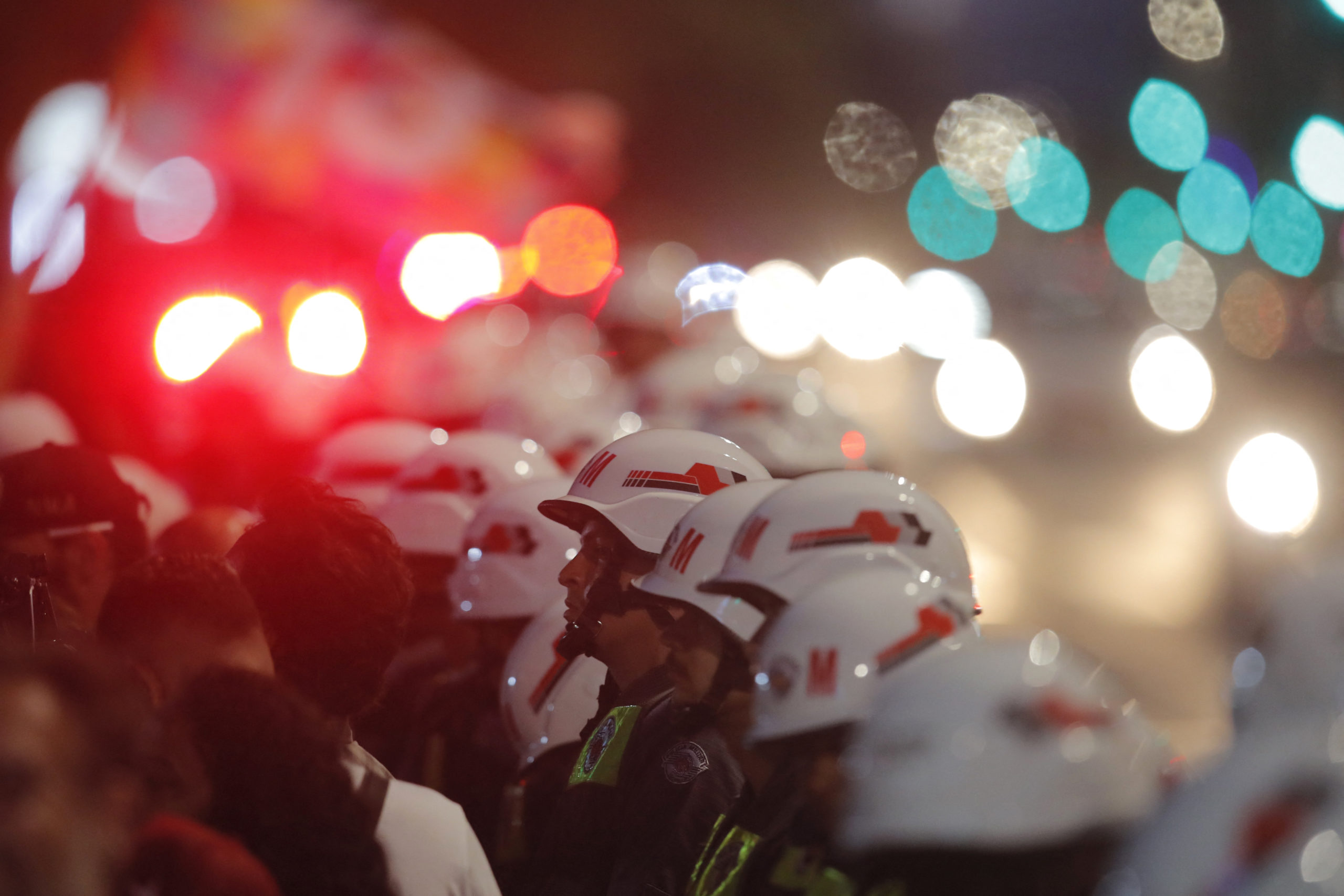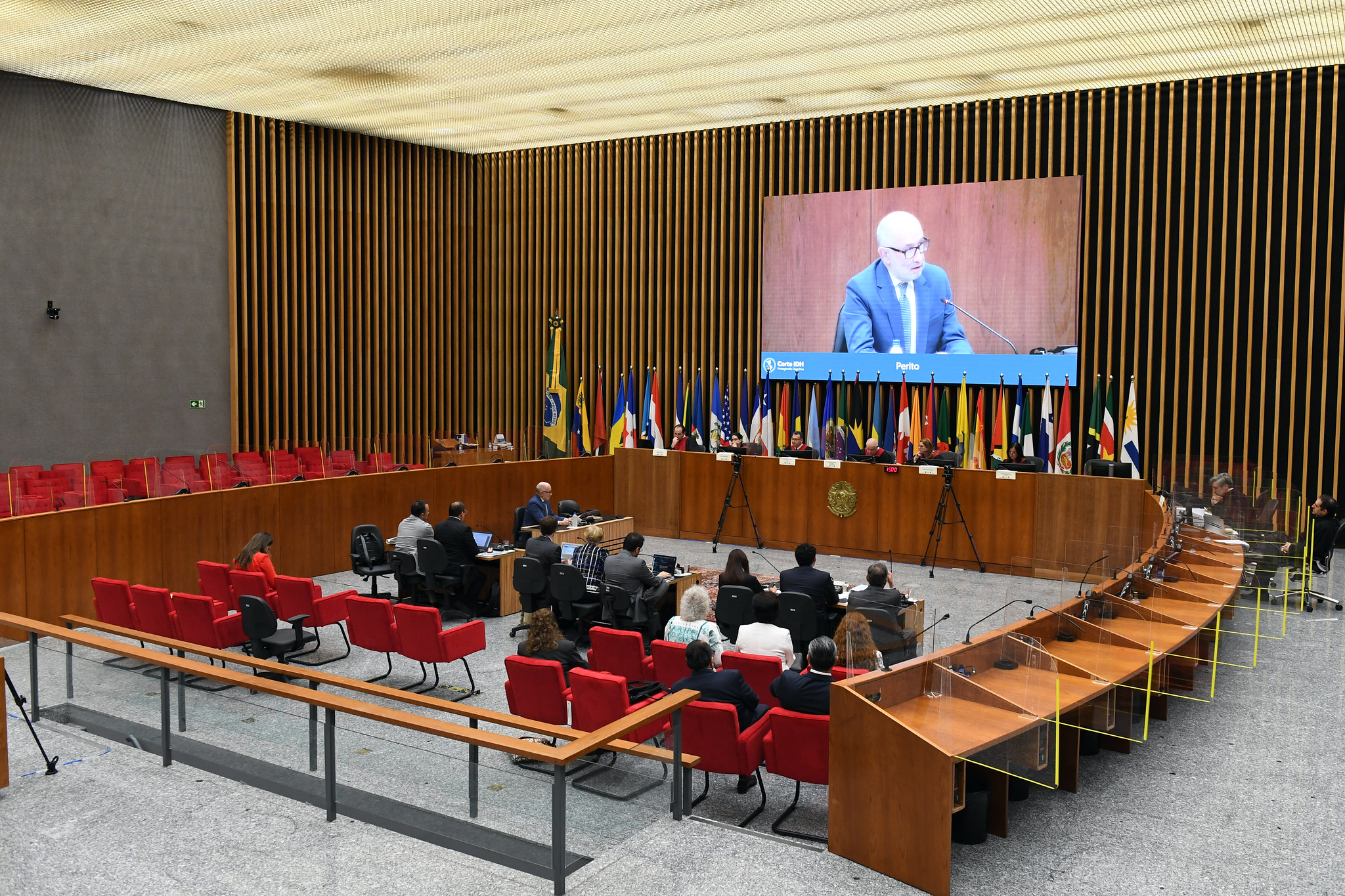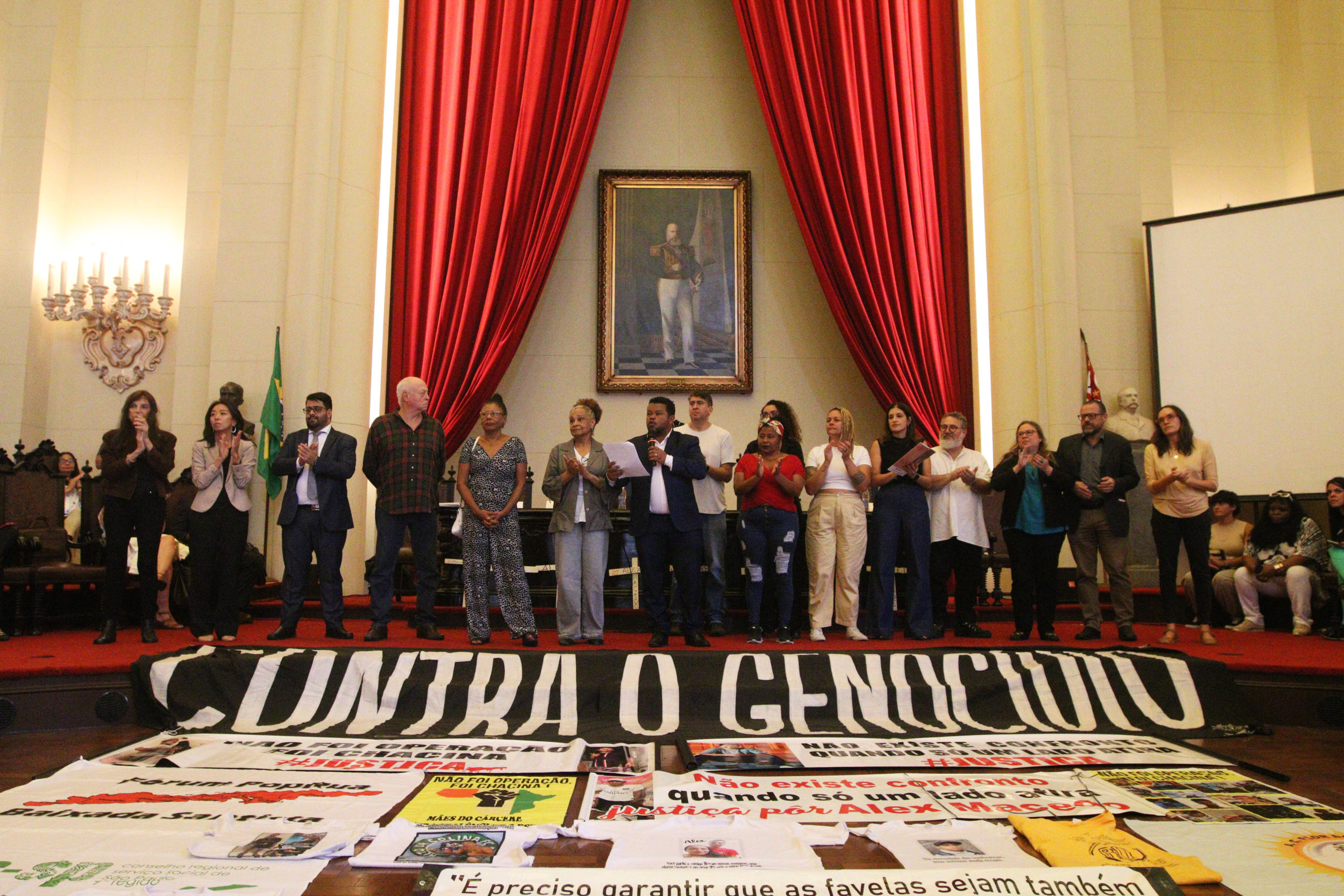BdONU :: South Africa’s inconsistent approach to championing human rights at UN level
Analysis by Mlamli Maphasa, Human Rights Institute of South Africa
 By Mlamli Maphasa, Human Rights Institute of South Africa
By Mlamli Maphasa, Human Rights Institute of South Africa
South Africa’s ascension to United Nations Human Rights Council in 2007, as a country emerging from an unjust system, was able to display uncompromised influence towards aligning the country human rights position to shape global human rights debates and resolutions. However, South Africa had not been able to consistently maintain its human rights stance in defence of human rights across the globe. It started contradicting its own domestic human rights principles around the year 2008 when it rejected positive moves to uphold human rights accountability. It has blocked a number of country human rights resolutions from being passed against, for example Sudan, Syria and Zimbabwe among others. It consistently justified its inconsistent position, by insisting on inclusive and consensus negotiation. In other instances silence diplomacy tactics were used in return for sustaining alliance position from those countries that stood united against apartheid system. In 2010 South Africa was among countries that derogated the rights of lesbian gays, bisexual and gender identity. This was after hosting the World Conference on Racism, Racial Discrimination, Xenophobia and Related Intolerance in South Africa, in 2001.
The status of affairs was improved in 2011 when South Africa played a leading role by sponsoring the first Resolution, by the United Nations Human Rights Council, promoting and protecting Sexual Orientation and Gender Identity (SOGI) rights. This was remarkable and admirable achievement because South Africa did not allow any country to use its prejudices and stereotype to violate the human dignity and right to life of other people. This resonated with the South African domestic values embracing justice, equality, freedom, peace, fairness and human rights enshrined in the progressive human rights dispensation. It was also highly esteemed as unwavering leadership by the global community for preservation of sexual orientation and gender identity as agenda item of the Human Rights Council. This sent a clear message home that silence will not be tolerated at the detriment of people who continued suffering the scourge of violence and discrimination due to their sexual orientation and gender identity.
It was most unfortunate that South Africa was no longer willing to sustain the momentum established in 2011 by not doing enough to defend Resolution when hostile amendments were made to tear apart the SOGI Resolution by hostile states during the March 2014 HRC.
After all the drama performed by negative states at the Human Rights Council, South Africa was present and watching with sealed lips. It was clear that South Africa was feeling overburden in continuing upholding the SOGI momentum and reluctant to assume leadership role to champion SOGI issues at HRC. In fact South Africa conceded that other country could take over this leadership role, this was rightfully done by the LAC 4 countries including, Brazil, Chile, Colombia, Uruguay.
Human Rights Institute of South Africa and other CSOs sent advocacy letters to the Ministry of Foreign Affairs to defend the rights of South Africans, including SOGI rights, at the Human Rights Council. This was the last effort as it was futile to approach and African state because of the perceptions and stereotype they hold towards on SOGI claiming to be a Eurocentric thing that deflates Africanism.
The relentless efforts of human rights groups from around the globe paid credence as South Africa reinstated its domestic human rights position by voting positively to retaining the SOGI as an HRC agenda item. The fear was of South Africa abandoning the Resolution, and crimes against humanity increasing against the LGBT people, SOGI would no longer feature on the agenda of the HRC, and could even be debarred from taking place in corridors of the UN.
This inconsistent position continued up to when an Extra Judicial, Summary or Arbitrary Executions Resolution was tabled – also during HRC25, in March 2014 – with favourable views of incorporation of SOGI to ensure protection of the right to life. South Africa swiftly did the correct thing in following others who remarkably ensured the integration and protection of SOGI in this resolution.
However, South Africa’s antagonism resurfaced during a debate introduced to advance a Resolution Protecting Protests by unleashing an uncharacteristic approach to its country constitutional framework. This inordinate behaviour perplexed many people because the right to peaceful protests or demonstrations has a historical significance in South Africa since the dark days of apartheid. Prior to the new democratic dispensation, the state had always viewed any form of demonstration by its citizens as a threat to national security and thus supressed such activities. Demonstrations were met with unprecedented lethal force by the state in an effort to dissuade the demonstrators from organising and participating in such gatherings again.
With the advent of the new democratic dispensation in South Africa, the right to freely demonstrate without being labelled or perceived as a threat to the State is enshrined in the Constitution. Section 17 of the Constitution, guarantees everyone the right, to peacefully and unarmed, to assemble, to demonstrate, to picket and to present petitions’. This is in accordance with internationally recognised human rights standards and human rights treaties.
It therefore came as a surprise that South Africa proposed and supported 5 amendments to the draft Resolution Promoting and Protecting human rights in the context of peaceful protests during the 25th Session of the Human Rights Council.
It is based on this background that South Africa Forum on International Solidarity and HURISA raised serious concerns which advocated for the rejection of the 5 proposed amendments by South Africa. Because not only were the 5 proposed amendments in violation of the country’s Constitution and guaranteed rights to peaceful assembly and demonstrations, they further sought to absolve the state responsibility from protecting citizens from human rights violations. HURISA found the 5 amendments not in harmony with the human rights discourse, in that the 1st amendment simply repudiated the development of guidelines to assist the State Parties to facilitate protection of peaceful assemblies in their jurisdictional territories, while the 2nd proposed to invoke the UN General Assembly to enhance state cooperation and friendly relations. This was in ignorance of the pluralism and multiplicity of statues existing within municipal policies of most states. The 3rd was a concern raised to protect the state security which HURISA found reminiscent to arbitrary periods of apartheid where assemblies and protests were ferociously prohibited with impunity. The 4th was aimed at relinquishing the primary role of the state to protect citizens in protests to conveners of demonstrations. The 5th was oblivion of a duty owed by domestic municipal imperatives to fortify international human rights law.
Up to now, it is still not clear why would a progressive state like South Africa choose to relegate a people orientated vision to buttress progressive efforts at Human Rights Council, which promotes human rights and progressively towards civil management of assemblies. This conduct deserved unreservedly a calling of our officials to withdraw all the 5 amendments including the urge to other states to reject South Africa’s inconsistent amendments. It was under much pressure that all other states who were pushing for support of South Africa’s amendments failed dismally while the Resolution passed overwhelming in its entirety.
It is also worth mentioning that South Africa was with India who was also supporting the amendments with the exception of Brazil in the IBSA community that remained upholding the human rights stance of the Resolution and affirmed its commitment to human rights for promoting and protecting demonstrations in the context of peaceful protests.
It is therefore these principles that human rights defenders and organisations expect South Africa to conduct itself in line with, at all times when conducting its affairs at international human rights foras like the Human Rights Council. It means every resolution that South Africa proposes, endorses and or rejects should emphasise the spirit and purports of domestic law and international human rights principles.


